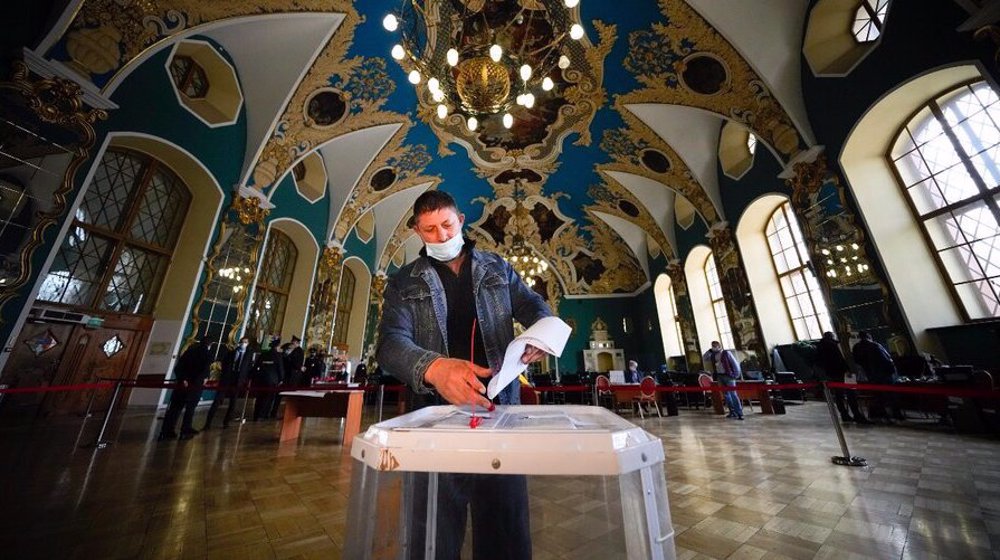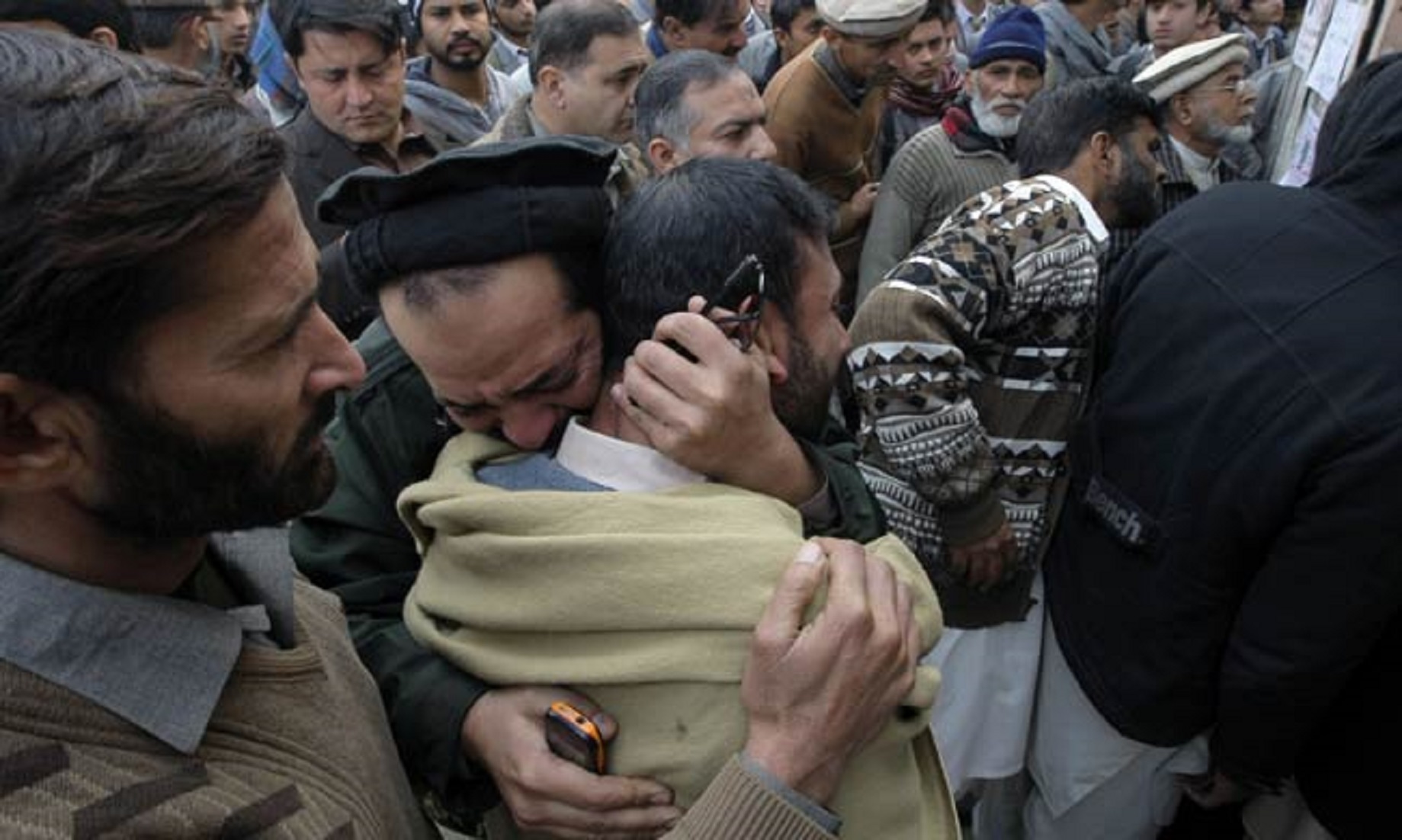
MOSCOW, Sept 21 (NNN-AGENCIES) — The Kremlin-loyal United Russia party has recorded an overwhelming victory in Russia’s parliamentary elections.
With more than 99% of the votes tallied, the electoral commission said United Russia had won 49.83% of the vote. It was also ahead in 198 seats of the 225 deputies apportioned by party lists.
On Twitter, the party said it had received a constitutional majority.
Russian President Vladimir Putin thanked voters for their “trust” after the majority of ballots were counted. United Russia will have more than two-thirds of deputies in the 450-seat lower house of parliament, known as the State Duma.
“I would like to address special words of gratitude to the citizens of Russia (and) thank you for your trust, dear friends,” Putin said at a televised meeting with Central Election Commission chief Ella Pamfilova.
While the pro-Kremlin force got a comfortable majority, it lost the ground it made in the 2016 elections, when it secured 54% of the vote.
The Communist Party, which usually supports the Kremlin, garnered nearly 19% of the vote. The pro-Kremlin nationalist LDPR party and the Fair Russia party also each brought in around 7.5% of the vote.
A new pro-Putin party called New People also managed to win seats in parliament for the first time, having garnered just over 5% of the vote.
The outcome was described as unsurprising, given the government’s unprecedented crackdown on opposition politicians, who were either jailed, banned from running or forced to flee the country.
Political opponents have accused authorities of voter fraud. Jailed critic Alexei Navalny’s spokeswoman Kira Yarmysh said: “This is truly unbelievable, I remember the feeling in 2011, when they stole the election. The same is happening right now.”
Communist Party deputy leader Dmitry Novikov called for voting results in Moscow to be annulled. Results from the capital were published Monday afternoon, with results from other regions having come in on Sunday evening.
“We do not recognize the results of electronic voting in Moscow,” Novikov said.
The Kremlin said polling had been transparent and honest. “The competitiveness, openness and honesty of the elections were and are the most important thing for the president,” government spokesman Dmitry Peskov told the press.
Election officials said they received at least 750 complaints about voting violations over the past three days, Interfax news agency reported Sunday evening, citing the Interior Ministry.
There was no information about serious violations that could affect the outcome of the vote, Interfax said.
Independent observers of the Golos organization listed over 3,600 irregularities nationwide, most documented with photographs and video footage.
Multiple Western countries criticized the Russian authorities and their behavior during the elections.
US State Department spokesperson Ned Price said the elections “took place under conditions not conducive to free and fair proceedings.”
“We do not recognize holding elections for the Russian Duma on sovereign Ukrainian territory and reaffirm our unwavering support for the territorial integrity and sovereignty of Ukraine,” Price added, a reference to the Crimean Peninsula which was annexed by Russia in 2014.
The UK Foreign Office said “measures taken by the Russian authorities to marginalize civil society, silence independent media and exclude genuine opposition candidates from participating in the elections undermine political plurality and are at odds with the international commitments that Russia has signed up to.”
The European Union expressed its concern over the political intimidation ahead of the elections.
“What we have seen in the run-up to these elections was an atmosphere of intimidation of all the critical independent voices,” said EU foreign affairs spokesman Peter Stano.
Germany also added its voice and called for clarity regarding allegations of irregularities. “These are very serious reports that massive irregularities occurred,” government spokesman Steffen Seibert said Monday.
Some 13 parties took part, but they are widely seen as token opposition that the Kremlin allows to run. — NNN-AGENCIES





